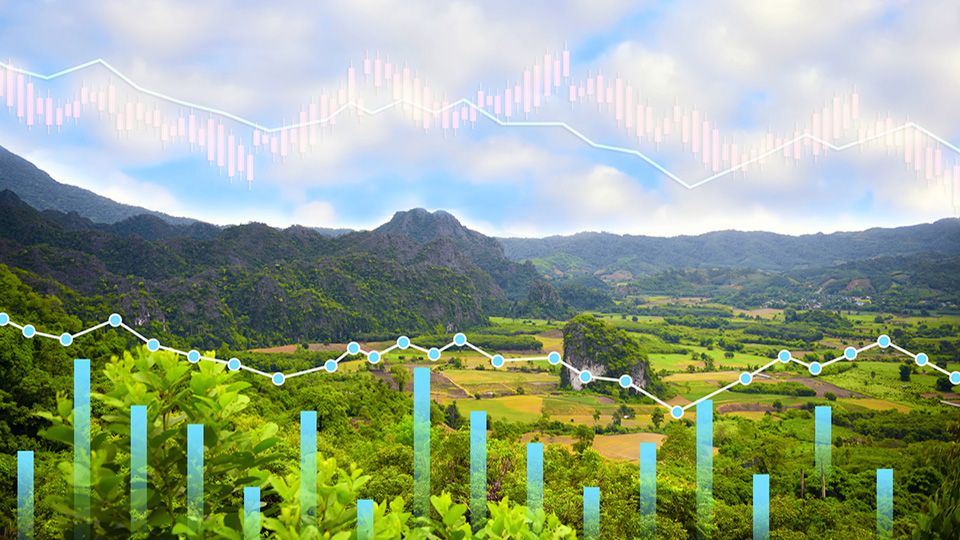Recommendations to price the natural world into the global economy are a welcome step in the right direction for investors, according to industry experts.
Last week, the Taskforce on Nature Markets (TNM) launched its Making Nature Markets Work report at a side event at the Amazon Summit, detailing how the unprecedented shift towards pricing nature into the economy could make markets work more for people and the planet.
The Taskforce called for more robust politically backed governance frameworks to evolve alongside markets to prevent greenwashing.
Nature markets are a “bridge to a total shift in our economic system”, said Sandrine Dixson, chair of the European Commission’s economic and societal impact group and member of TNM.
“We cannot stop at placing a value on nature,” she added. “A real transition requires not only financing change through low carbon and nature-based solutions but changing our financial and economic systems to truly service people, planet and prosperity at the same time.”
Among the recommendations for policymakers, market actors and citizens, the report suggests advancement in traceability in the global food commodity markets, requiring traders to take nature and climate into account; ensuring carbon markets and emerging biodiversity credit markets deliver fair prices to nature-rich countries, Indigenous Peoples and local communities; and mandating nature crime-free value chains.
Commenting on the report, Morten Rossé, head of nature and climate at holistiQ Investment Partners, said that it is positive that the recommendations align with guidance published by other nature-related governance bodies.
“It is a pivotal time right now, as investors increasingly look to financial market participants to adapt strategies that ensure the protection, restoration and replenishment of nature. We are particularly encouraged by recommendation four, to make food commodity markets accountable to people and the planet,” continued Rossé.
“We have long argued that food systems must transition, with a focus on regenerative food production and sustainable food consumption. Food is something we all need to sustain us, but that in its current form is fundamentally unsustainable. Our food systems, including current agricultural practices, are proven drivers of the climate and biodiversity crisis.”
The TNM’s emphasis on building transparency and traceability in food markets is critical to furthering the transformation of food systems from a model that takes from the natural environment, to one that nourishes both societies and the planet, according to Rossé.
“There is an opportunity for corporates in the food industry to integrate nature into their value chains, educating consumers on the benefits of a regenerative transition and highlighting health benefits. Corporates can position to take advantage of future profit pools, while driving regenerative outcomes. This in turn creates new investment opportunities in both established – and new companies – innovating in this space.”







